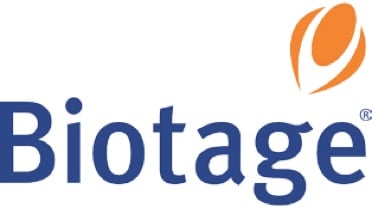Michael Ebitson
Michael has been practicing analytical chemistry for over 20 years which, combined with his 11 years at the company and his many years of service and customer support, provides him with a significant amount of experience in application areas such as environmental, food and beverage, pharmaceutical and industrial. Michael enjoys working closely with customers and coworkers using his knowledge and experience to assist them with their laboratory challenges and workflow hurdles.

